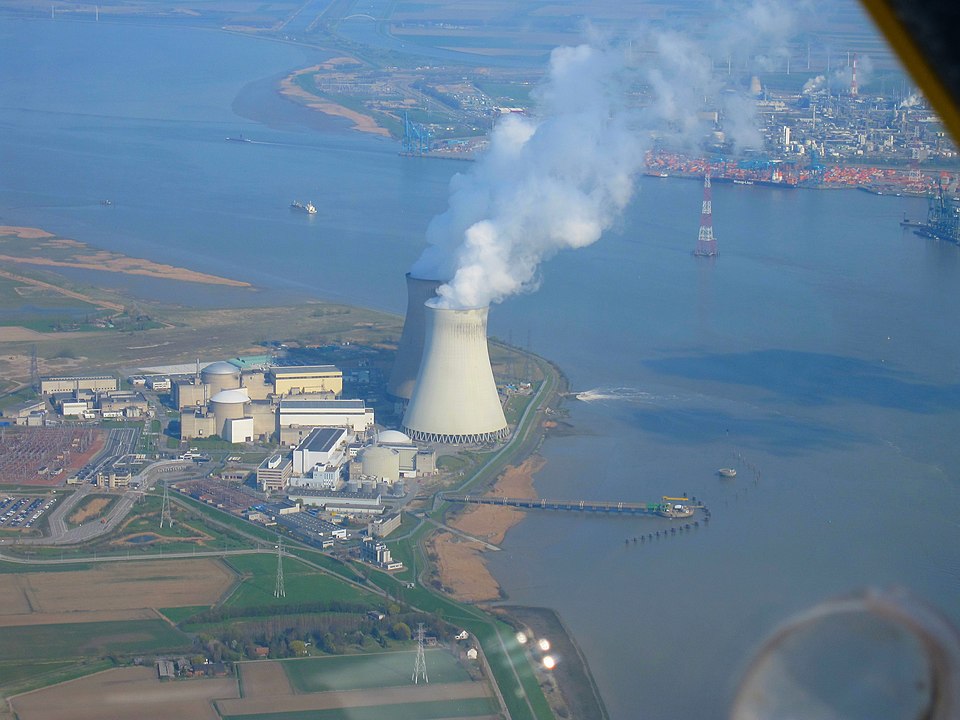Electricity provider Engie Electrabel has decided to put a stop to all investment aimed at prolonging the life of its nuclear generating plants in Belgium.
The decision effectively means that the seven Belgian nuclear power stations -- three at Tihange in and four at Doel in the port of Antwerp -- will close at the end of 2025. That had already been agreed, but the industry and the government were involved in talks on whether an extension of the deadline might be possible.
The government had said it would decide by the end of 2021, having carried out a public enquiry. Now that Engie Electrabel is pulling its investment, the die is cast.
“Engie Electrabel has announced the shutdown of the seven Belgian units in 2025, as provided for in the government agreement, even though the government has left itself until the end of 2021 to act on its decision,” said Franco Vincent, union delegate for the power workers’ branch of the FGTB union.
“Engie Electrabel has indicated that the group is reserving the right to say no to an extension if it is not at least ten years, to ensure the return on investment.”
The government was clearly intent on not meeting that demand, the company said in internal communication, L’Echo reports. That meant there was no need to wait for their final decision, which it considered a foregone conclusion.
The union now turns its attention to the fate of the employees of the plants, Vincent said.
“Taking into account subcontractors, this decision concerns around 3,500 jobs for Tihange alone, and probably as many at Doel,” he said. The union is considering issuing a strike notice, intended to bring the company to the table to discuss the future of workers laid off at the power stations.
• Meanwhile the announcement by Engie Electrabel would also put an end to a public enquiry that would have included not only residents in the vicinity of the power stations, but also governments as far afield as Sweden and Ireland.
Earlier this year the Constitutional Court ruled that the decision to extend the life of the plants made in 2015 was illegal, as it should have been preceded by an environmental impact report whose reach extended over Belgium’s borders.
It was assumed that meant Germany and the Netherlands, immediately over the border, but the government said it would consult all interested parties within a radius of 1,000km from Belgium’s borders.
So far, the governments of Austria, Denmark, Germany, Ireland, Luxembourg, the Netherlands, Poland and Sweden have said they will cooperate. Theoretically, the possibility would also be open to Czechia, France, Italy and the UK.
Alan Hope
The Brussels Times

